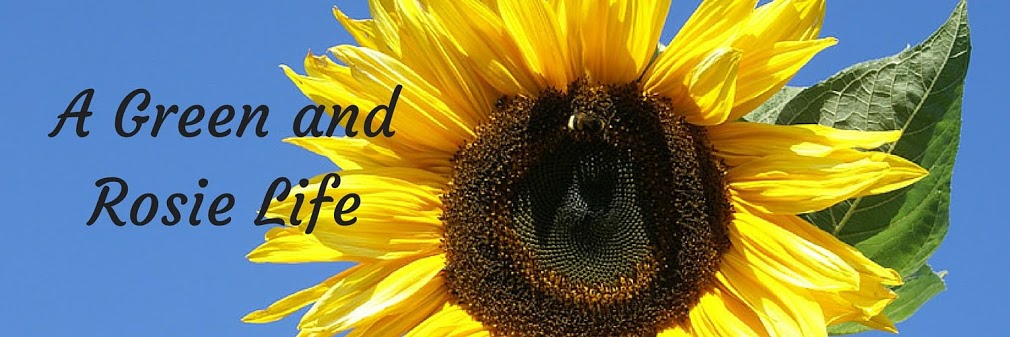The concept of supermarkets started in America in the early 1900's but didn't take off in the UK until after the second world war as rationing was removed. In the few years since then they have grown exponentially and now sell every conceivable foodstuff as well as all sorts of other goods and services. They are seen as cheap, convenient and most people use them on a regular basis for most of their food shopping needs. However are they really as good for you, the consumer and the environment as all their advertising would have us believe? I think not.
 |
| Image from Pixabay |
17 reasons supermarkets are bad for you and your environment
- Once a large supermarket opens they tend to out compete with local shops and so the high street butcher, baker etc goes out of business killing the diversity of the High Street.
- With the loss of independent small businesses every high street or out of town shopping area looks the same in every town.
- To ensure low prices supermarkets drive down the price paid to suppliers forcing them to sell their produce with ever decreasing profit margins . Their sheer buying power means farmers are often forced to accept this with little or no competition in the market.
- Supermarkets have engendered the idea that the only good vegetable is a perfectly shaped one and will reject any that do not fit their increasingly stringent guidelines. Whilst some of the "ugly" veg may go into processed foods far too many are simply rejected outright and ploughed back into the field.
- They import many of their goods and even when vegetables are available locally you will find produce from the other side of the world on the shelves.
- They sell all fresh produce all through the year so out of season (and tasteless) produce is available 12 months so of the year but it will either have been imported (often flown in) or grown in heated glasshouses using huge amounts of energy.
- Service in supermarkets is impersonal and whilst staff are invariably very friendly they do not have the food knowledge that comes with owners and staff in local businesses. They might be able to tell you where to find a product but not which is the best way to use it, where it came from or how its production impacted on the environment.
- With no real connection between the producer, the supermarket and the customer the public is becoming more and more distanced from the their food - children do not know where milk comes from and many people will not use a butcher where they will have to see the meat outside of its sanitised plastic wrapping.
- Supermarkets sell a high percentage of processed foods that can be linked to obesity as well as being more expensive than cooking from scratch.
- They generally sell a limited range of organic or fair trade items and do not actively highlight those that include ingredients such as palm oil.
- Overall they stock a huge range of goods resulting in customers buying far more than they need. Too much of this food is then wasted.
- Waste is further exacerbated by deals and discounts that encourage customers to buy more than they actually need. A BOGOF of 2 huge bags of bananas may seem like a bargain but not if you end up throwing more than half of them in the bin.
- Many products in supermarkets are over packaged.
- Supermarkets sell a limited variety of each fresh product - for examples there are thousands of apple varieties but you will only find a handful available in the big stores and they are chosen to be those that both store and transport well rather than those with the best taste and cooking qualities.
- Supermarkets have a central distribution system meaning that in many cases even if the products are grown locally they are transported to a packaging plant elsewhere, then back to the distribution centre before returning to the store close to where they were grown.
- Most supermarkets have been built on out of town greenfield sites impacting on the local environment, wildlife and drainage. Where rain could previously drain into the soil it cannot do that through a large building and car park which can lead to a higher risk of flooding.
- Can you really be sure you know what you are buying? The recent horse meat scandal served to show that you cannot truly be sure that what the supermarket is selling you is actually what the label says it is.
If you feel you would rather not use supermarkets as much there are plenty of alternatives. Click on this week's Weekly Green Tips that gives you 7 non supermarket options for your weekly food shop.
Have you any more reasons why supermarkets are not good for the consumer or the environment?

No comments :
Post a Comment
Note: only a member of this blog may post a comment.